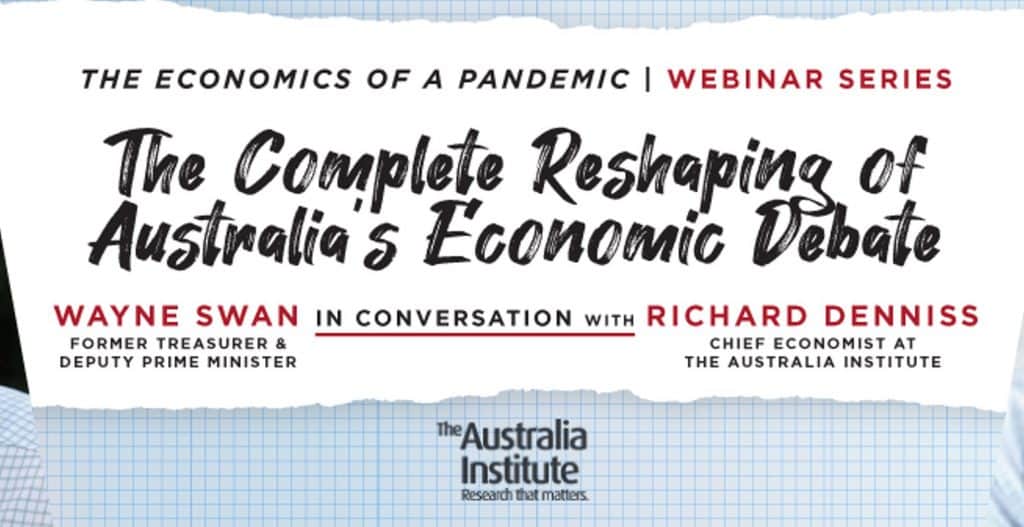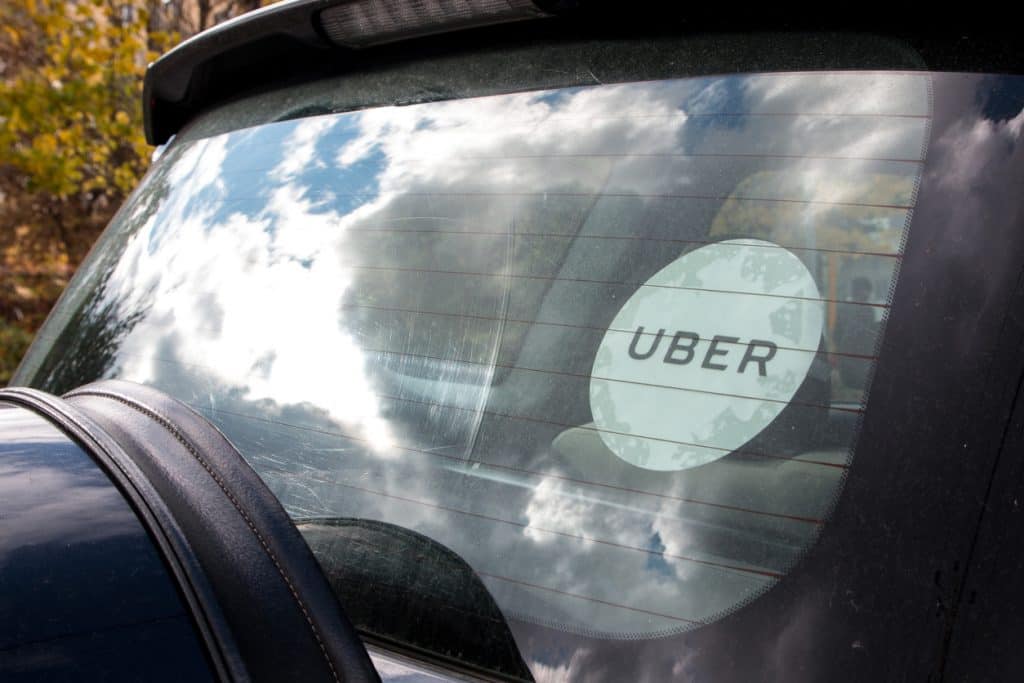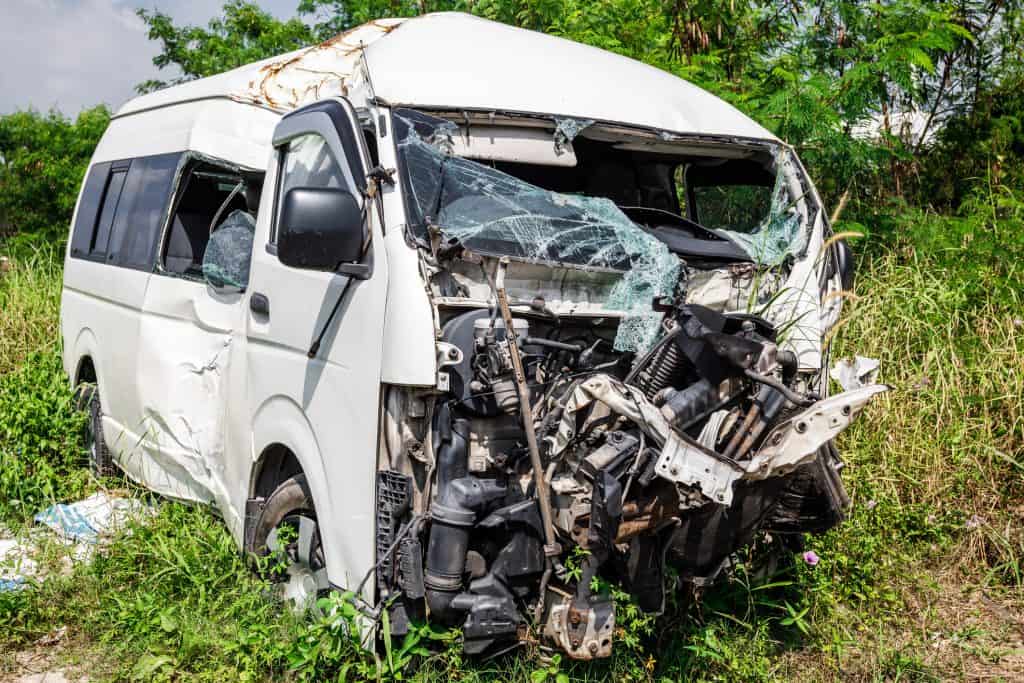The Australia Institute conducted a webinar on Australia’s economic future during and after the COVID19 pandemic. Former Federal Treasurer Wayne Swan and economist Richard Denniss were the featured speakers. Two particular issues were of relevance to occupational health and safety (OHS) – the future of the gig economy and re-industrialisation.






